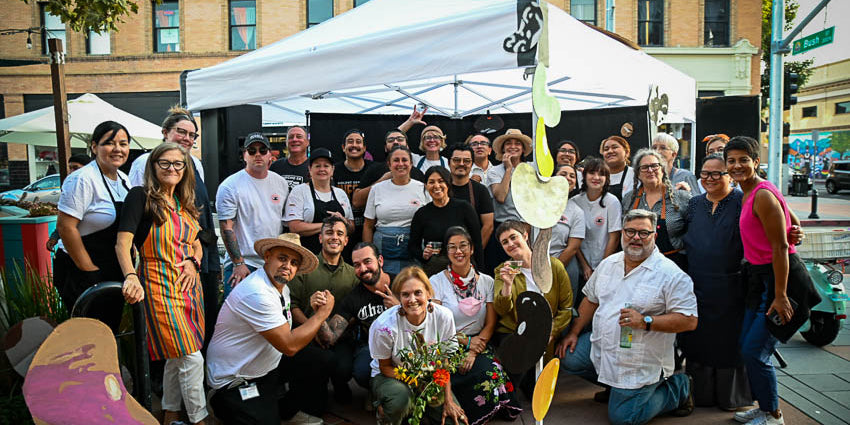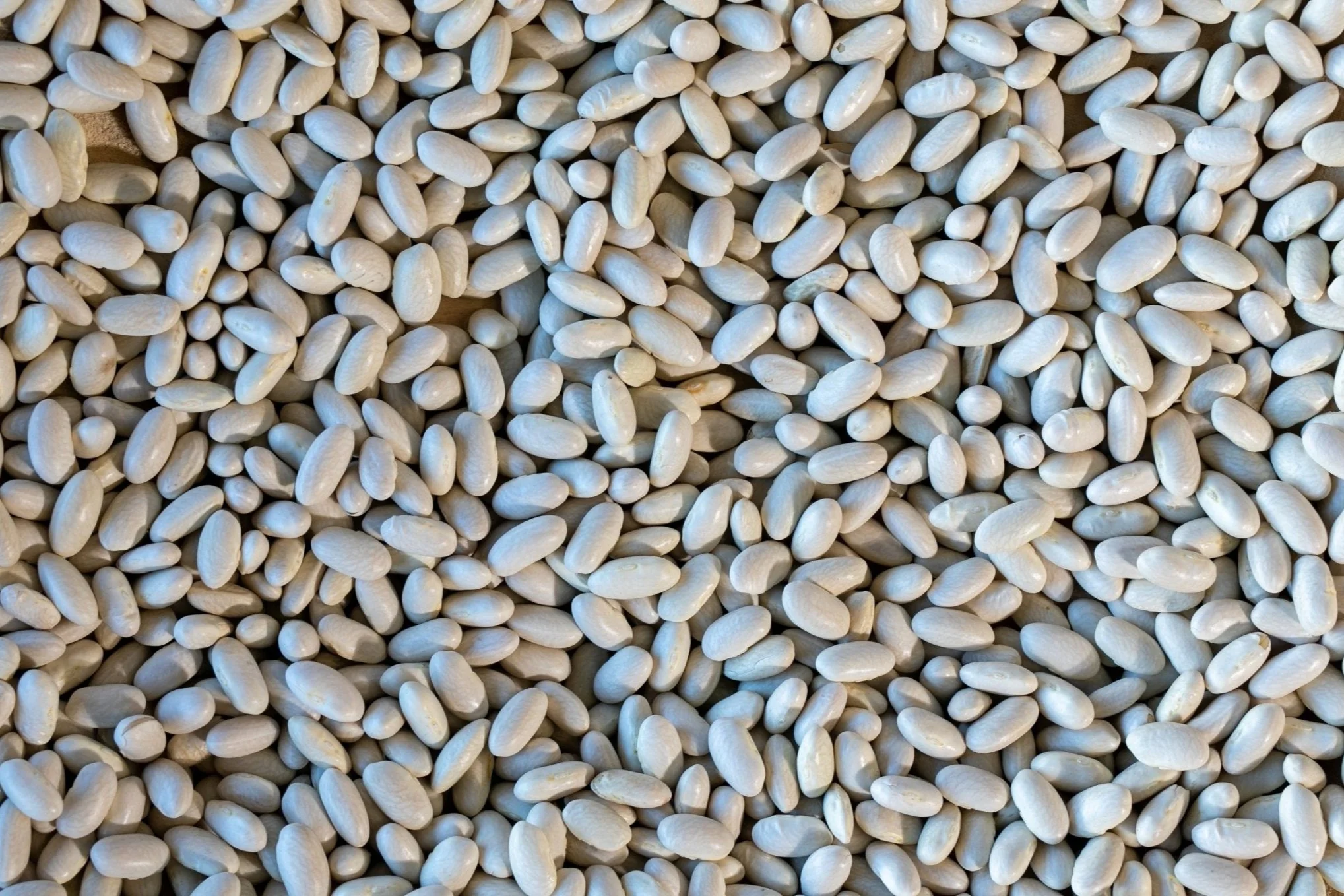
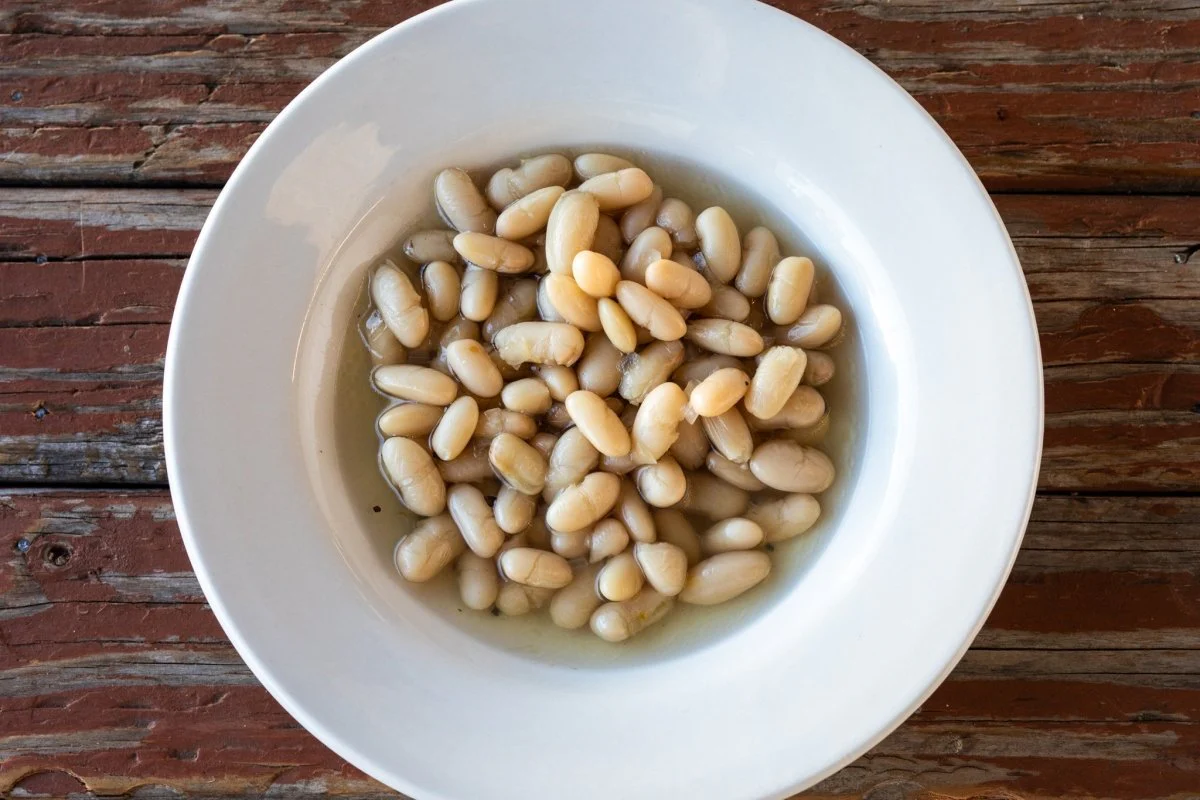
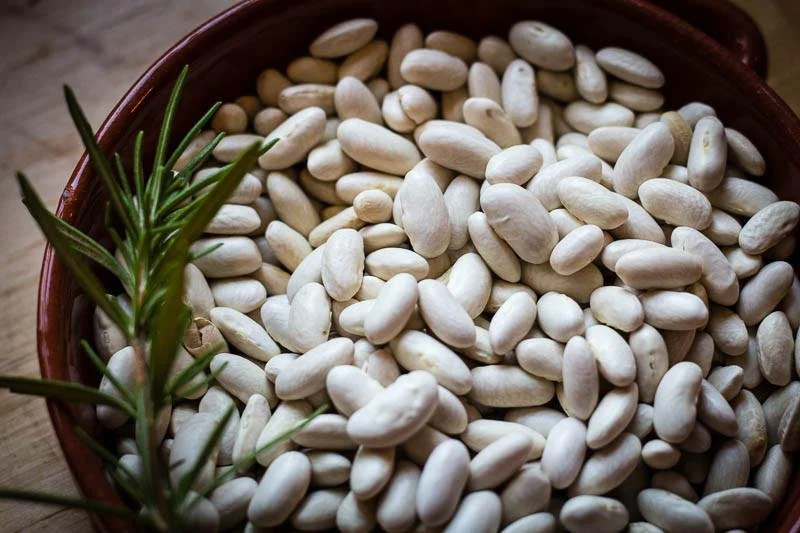
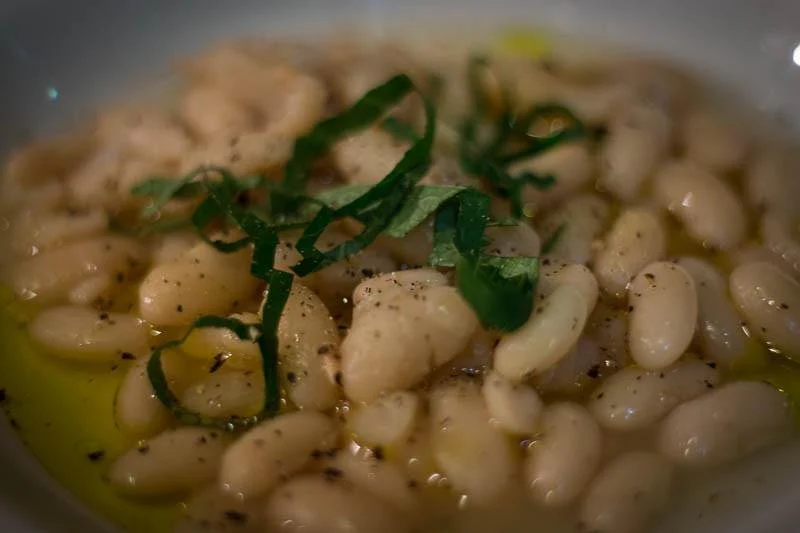
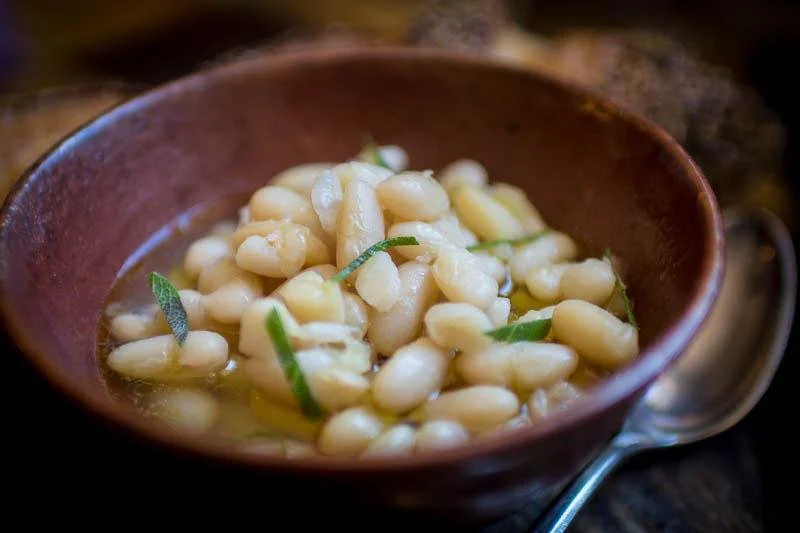
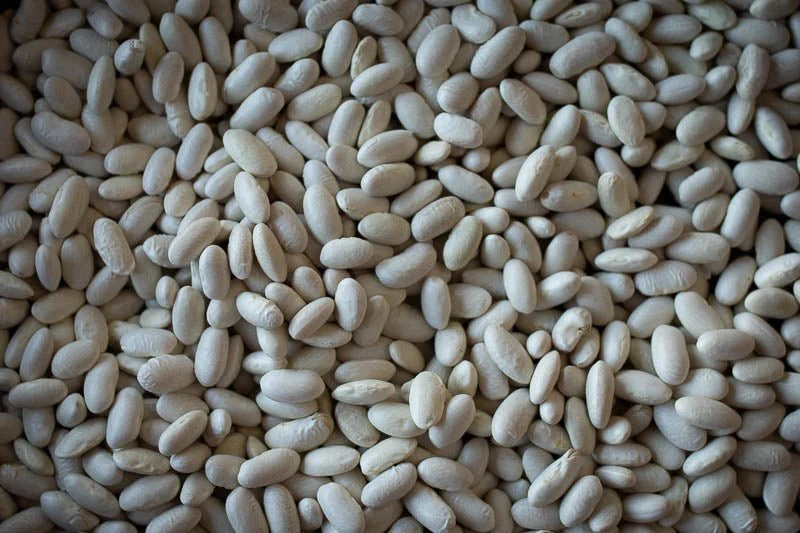






Marcella Bean
Free shipping on orders $50+
From heirloom Italian seed, this thin-skinned cannellini is named after Italian cooking hero, Marcella Hazan, who encouraged our growing it. A delicate tribute to a mighty force of nature.
Marcella beans are grown in California from Italian Sorana seedstock. Sorana is a cannellini bean with incredibly thin skin and when cooked properly, an indulgent creamy texture. You can use them in your kitchen as you would any small white, European-style bean, but with an ingredient like this, simple is often better.
The Back Story from Steve:
One day I was checking through our mail orders and I stopped in my tracks. There was an order from someone named Marcella Hazan in Florida. She ordered beans and even my first book, Heirloom Beans. It couldn’t be! My mind raced back to the early 1980s in San Francisco in what was possibly the smallest apartment on Nob Hill. I was young, broke and so happy to be living in the city. Every opportunity, I’d push up my Murphy bed into the wall and have dinner parties. My bibles were Diana Kennedy’s The Cuisines of Mexico, Paula Wolfert’s Couscous and Other Good Food from Morocco and perhaps the book with the most kitchen splatters was Essentials of Classic Italian Cooking by Marcella Hazan. I really think these women taught me to cook more than anyone else.
After the order was sent, Marcella and I became online buddies. In addition to food, I also love music and I’m a huge fan of Italian pop music from the 1960s. Marcella indulged me and I think even got a kick out of my obsessions.
At one point I asked her what beans she missed the most from Italy. I assumed she’d say Lamon, the famous cranberry bean from Veneto, or Zolfino, the delicate, almost gelatinous orbs that come from Tuscany, but she wrote back immediately that she missed Sorana, a cannellini bean I’d never heard of. On a whim, I had the staff go hunting for the seed and through some sleuthing and luck, we found it. I kept Marcella abreast of the growing and she was encouraging. She was really starting to have health issues around this time. I couldn’t wait to send her samples.
Sadly, she died right as we were harvesting them. I was heartbroken and the world lost one of its brightest and most intense lights. How great is it to have affected so many people with your work? I can’t imagine. I was pretty upset about this.
I contacted her husband Victor and told him about the bean and asked what he thought about our marketing it as Marcella, in tribute to her. I knew she was sensitive about lending her name and held my breath. Victor wrote back, “Marcella would get a kick out of your naming the bean after her.” He was encouraging about the project and you can bet the first bag out of the field went straight to him.
So we now are happy to present the Marcella bean. I hope you love it as much as we do.
Cooking Suggestions
Soups, pasta e fagioli, casseroles, dips
From the Rancho Gordo Kitchen
Use them in your kitchen as you would any small white, European-style bean. Add them mashed on some good crusty bread drizzled with your very best extra virgin olive oil and maybe a dusting of freshly cracked pepper.
Cooking Instructions
Check beans for debris, and rinse thoroughly. In a large pot, sauté aromatic vegetables (onions, garlic, celery, carrot, etc.) in olive oil. Add beans and enough water to cover by about 2 inches. Bring to a full boil for 10 to 15 minutes. Reduce heat to a gentle simmer, using a lid to help regulate the heat, and gently cook until done, 1 to 3 hours. Salt when the beans start to soften. A pre-soak of 2 to 6 hours will lessen the cooking time.
Even though these beans are small, you should take your time and gently allow them to fully cook. They are edible quite soon after you start but the real creaminess comes with time and low, slow and gentle heat.
Similar to
Alubia Blanca, Cannellini, Navy, Great Northern
Latin name
Phaseolus vulgaris
Country of origin
USA
"Rancho Gordo's Steve Sando gets the credit for reminding today's aspiring gastronomes that beans don't only come from a can. "
New York Magazine


